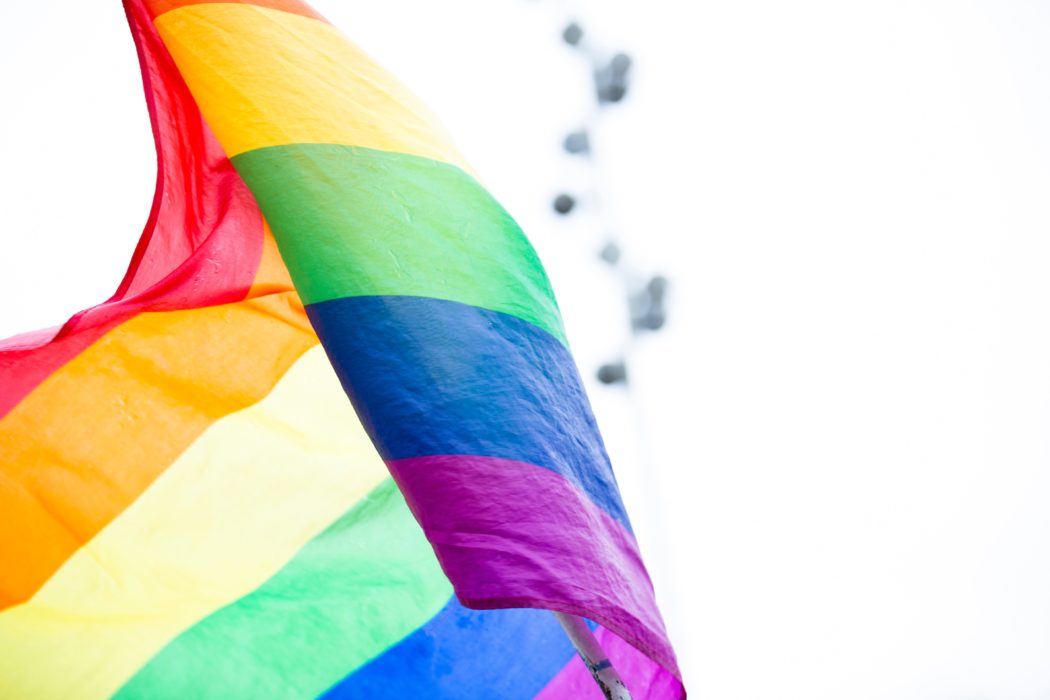Coming out is terrifying. Queer people bare their souls, who they are as a person, and although every coming out is different, there is always a moment where the outcome could go either way. Everyone wants their loved ones to support them and love them for who they are. Fortunately, many gay, bi, or trans people do have supportive friends and family, but every person who has ever had to come out of the closet knows the hurt of having someone reject their very being.
Every queer person has to come to terms with the fact that their loved ones may not love them unconditionally.
The first person you come out to is yourself. After many google searches and watching Pitch Perfect way too many times, I finally admitted to myself that I liked girls and told myself that bisexual was my label. Being bisexual is in no way a ‘stepping stone’ to being a lesbian, it is an independent label that many people identify with for their entire lives. But for me, it was a safe choice, which hold onto the attraction to men and the normality it fostered for as long as I could.
However, I couldn’t ignore that my attraction to men was forced. I stumbled across the term ‘compulsive heterosexuality’ and it fit perfectly. It describes how women are conditioned to like men from a young age, and so for women who are attracted to women, it can be alienating and confusing when they find that they don’t meet society’s expectations.
I was so terrified to admit that I was a lesbian, and it was a major source of anxiety for many years. I always knew something was wrong, something was different, especially when I couldn’t love a potential boyfriend in the way he wanted. I remember lying awake at night, telling myself that if I dated him for a little while, just three months, I could end things and finally be able to live the way I wanted. I came out to myself again and again, in rear view mirrors late at night and in stowed away journals.
After years of lying to myself, it felt liberating to scream it in my car, to admit to myself that I was a lesbian, and that there was nothing wrong with me.
Before I built up to screaming my identity to the world, I had to find someone who would scream their support beside me. Whether it be a close friend or a family member, queer people always come out to people they trust first, and who they know will support them. My friends were incredibly supportive, especially since some were already a part of the LGBT+ community. There was no hesitation or doubt for them to accept me. My sister and my cousin were also readily accepting, although they still had a lot of questions.
One of the more difficult times was when I came out to my mother. Her reaction was not at all what I expected. She was shocked, and that I understood, but she also questioned whether I was really gay. I assured her that I was. She then detailed a history in my family that had only been whispered about, how a relative had come out and how my family reacted negatively to it – including my dad. She was concerned, as most parents would be, that my family would reject me, but she also told me to hide a piece of myself from them, from the world. This made me scared to be a lesbian for a very long time. It made it so difficult to love and accept myself when I knew that the people I loved most would not accept me for who I was.
The next few years brought their ups and downs. I was terrified to tell my dad, out of fear that he would react in the way that my mother feared he might, and although I tried hard to be proud of my identity, constantly trying to hide it and diminish it made me suffer. The support of my friends, being a part of a pride group at university, and the love of my partner, made the world seem a little more colourful, and when I finally told my father, it was me who was surprised. He had noticed the frequent comings and goings of a particular friend and asked what she meant to me. I was shaking and crying by the time I told him that she was my girlfriend. To my astonishment, he hugged me and told me that he loved me, and that he accepted me for who I was.
Queer people never stop coming out. Every time they hold the hand of their partner, use their preferred pronouns, or even go to the bathroom, they are telling the world who they are, and placing themselves in a vulnerable position where they might be hated or rejected. The journey to self-discovery is long and ever changing, and many queer people go through different labels and senses of self until they find the right identity.
My own coming out journey is far from over; there’s still extended family, co-workers, and people I don’t know yet, with whom I’ll need to share my sexuality with. It is a part of who I am, and although I have encountered homophobia and will most likely encounter it in the future, the world is evolving to be more accepting of queer people and relationships, and hopefully one day, homophobia will be a thing of the past.



